As political violence re-emerges and questions arise over governance and accountability, Malawians are reminded that true democracy depends on law, professionalism, and respect for the Constitution.
By Burnett Munthali
Political violence has once again cast a dark shadow over Malawi’s democracy, exposing the fragility of a system that depends on law, order, and civic discipline to thrive.
Recent incidents involving alleged Malawi Congress Party (MCP) supporters — armed with pangas and reportedly intimidating police officers — have ignited nationwide concern about the return of thuggery to politics.
In one viral video, suspects are seen issuing chilling threats to law enforcement officers during a court session, challenging the very principles of justice and the rule of law.
Such behaviour represents not only a threat to public safety but also a betrayal of the sacrifices Malawians made to build a democratic society rooted in accountability, equality, and peace.
Saluting the Police for Standing Firm
Despite intimidation, the Malawi Police Service has shown remarkable courage by arresting the perpetrators.
Their action demonstrates that the law must prevail — no matter the political affiliations of the accused.
Section 12(1)(b) of the Constitution makes it clear that all authority is derived from the people and exists to serve their interests.
By enforcing the law impartially, the police affirm this constitutional mandate and send a powerful message that no one stands above justice.
Those responsible for violence must face trial and, if found guilty, receive punishment commensurate with their actions.
Political Responsibility and Leadership
Human rights advocate and former military officer Chimwemwe “Ntchindi” Mhango joined the growing number of voices condemning the conduct of MCP-linked thugs.
His call reflects the frustration of many Malawians who are tired of political parties hiding behind silence when their supporters engage in violence.
Democracy cannot coexist with intimidation.
Political leaders must go beyond issuing statements of disapproval — they must act.
True leadership demands accountability, discipline, and cooperation with law enforcement to ensure peace prevails.
When Law Enforcers Fail the Nation
While many police officers have displayed bravery, others have fallen short of their constitutional duty.
The brutal assault on activist Sylvester Namiwa, witnessed by both police and Malawi Defence Force officers who failed to intervene, remains a disturbing example of official negligence.
Similarly, reports from Mponela — where citizens sought refuge from political attackers but were turned away by police — highlight a worrying breakdown in duty and responsibility.
Section 15(1) of the Constitution obliges every state organ to respect and uphold human rights.
When officers remain silent or passive in the face of violence, they violate both their oath and the trust of the people.
The Need for Professionalism and Patriotism
The events of recent months should serve as a wake-up call to all those in uniform and in politics.
Security agencies must remember that their allegiance is to the Republic of Malawi, not to individuals or political movements.
Section 153(1) establishes the Malawi Police Service as an independent organ responsible for protecting public safety and upholding human rights.
Professionalism, impartiality, and courage must therefore guide their every action.
Equally, political parties must train their supporters to exercise restraint and resolve differences through dialogue rather than confrontation.
Violence does not strengthen democracy — it destroys it.
Cabinet Appointments and Public Debate
The spirit of constitutionalism must also guide debates over the President’s recent cabinet appointments.
Section 92(2) empowers the Head of State to appoint ministers and deputies as he deems fit, provided the appointments serve the public good.
While some of the choices have sparked criticism, the Constitution — under Section 42(2)(f) — guarantees that every individual is innocent until proven guilty.
It is therefore essential that such discussions remain respectful, fact-based, and within the bounds of the law.
Public officers should be judged by their integrity and performance in office, not by unverified allegations or partisan opinions.
The Danger of Selective Justice
One of Malawi’s biggest challenges remains selective outrage — where political loyalty dictates moral judgment.
When violence is committed by those on “our side,” silence prevails; but when others err, condemnation is swift and loud.
This inconsistency weakens public trust and distorts justice.
Section 9 of the Constitution demands that the Judiciary administers justice without fear, favour, or prejudice.
If democracy is to survive, every citizen must be treated equally under the law — whether they wear party colours of red, blue, or green.
Towards a United and Just Malawi
Malawi now faces a defining moment — to either rebuild faith in the rule of law or descend into a cycle of political violence and selective justice.
The new cabinet appointments by President Arthur Peter Mutharika provide an opportunity for renewal and service-driven governance.
Malawians must focus on results — building the economy, improving education and healthcare, strengthening agriculture, and fighting corruption.
If the new leadership upholds transparency and constitutionalism, it will help restore public trust and inspire hope.
Conclusion: Choosing Law Over Fear
Malawi’s survival as a democracy depends not on slogans but on actions rooted in the Constitution.
Every police officer, politician, and citizen must reject violence, uphold justice, and defend the rule of law.
Section 13(l) of the Constitution obliges the State to promote peace, unity, and the rule of law — principles that must guide every decision made in public office.
Violence, intimidation, and selective justice are enemies of national progress.
Malawi’s destiny lies not in fear or division, but in courage, fairness, and respect for the Constitution — the supreme shield of our democracy.
📞 Feedback: +265 884 433 313
Email: [email protected]
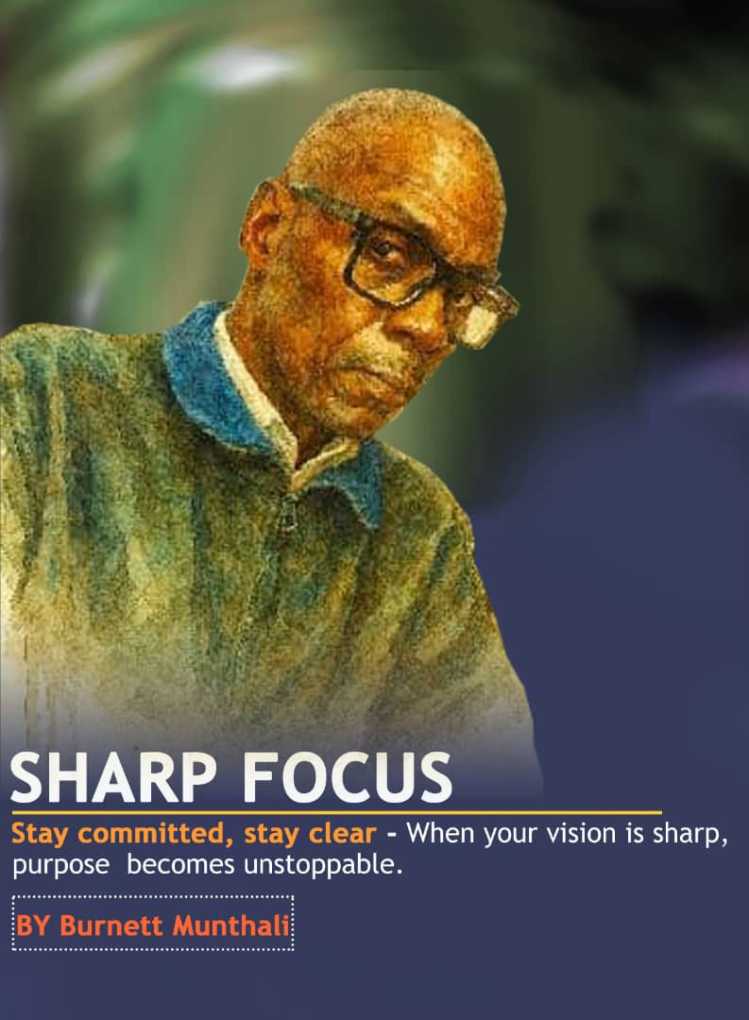

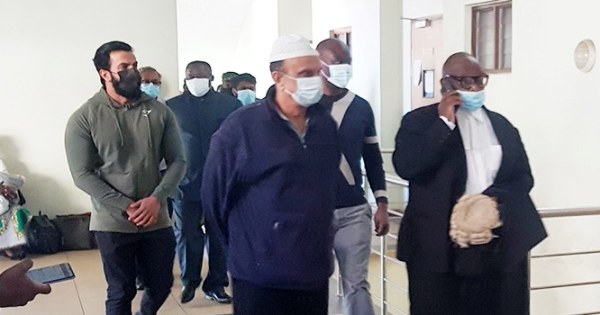
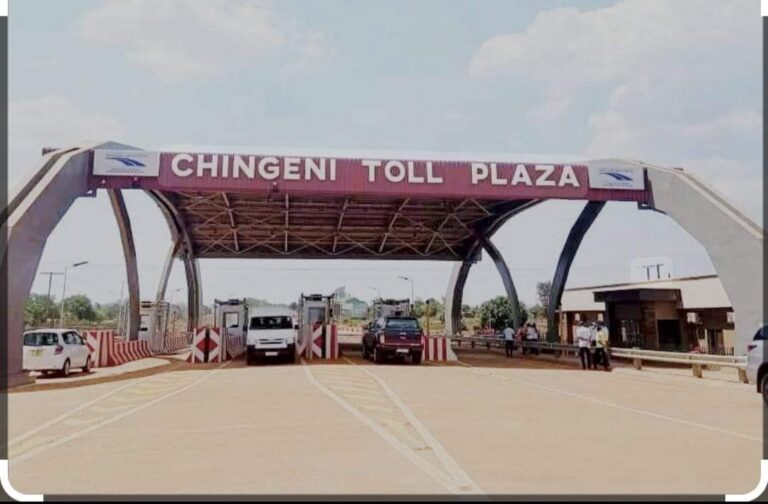








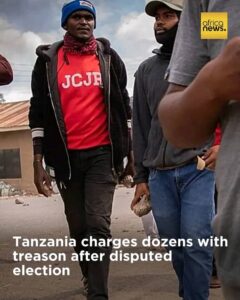

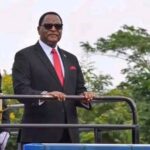
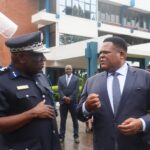






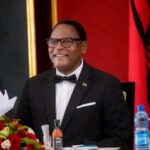


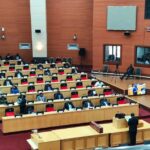

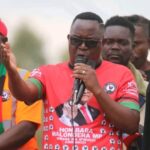


That piece really resonates; true democracy depends on law, accountability, and unity. Hoping Malawi moves toward that hopeful path where everyone feels valued.